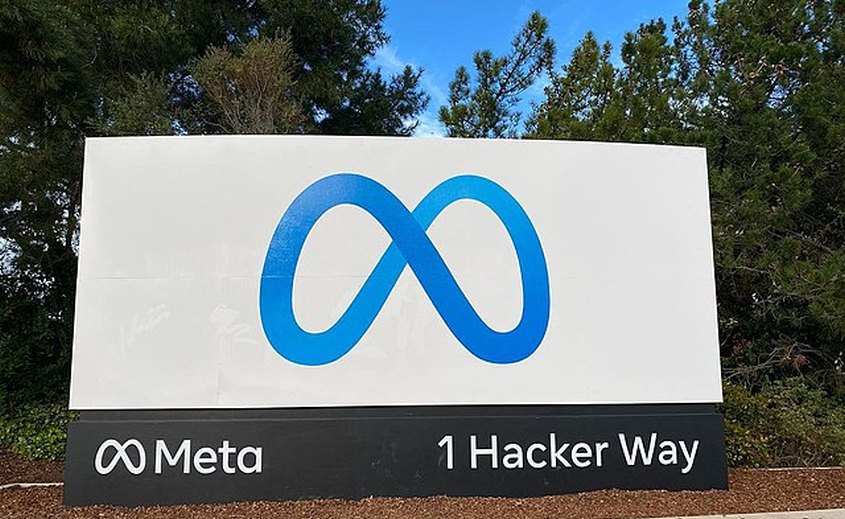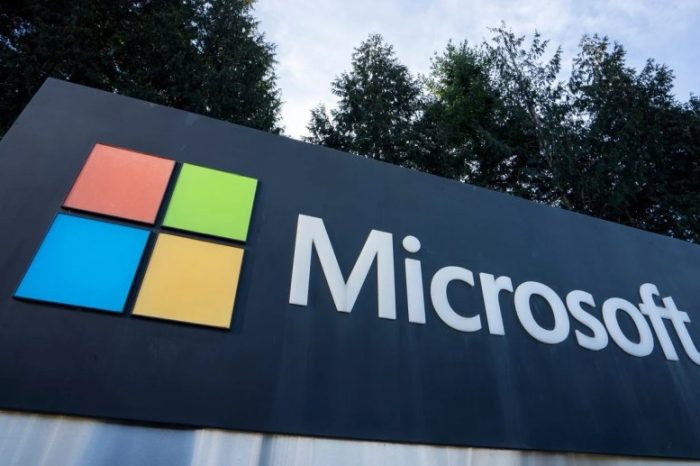Meta ends fact-checking on Facebook and Instagram, introduces Community Notes in a free speech push

In a shocking development, Meta has decided to end fact-checking across its social platforms. Meta announced Tuesday that it is scrapping its third-party fact-checking program across Facebook and Instagram, signaling a major shift in its approach to content moderation.
Instead, the company is introducing Community Notes, a user-driven system modeled after X (formerly Twitter), where users collaboratively provide context to potentially misleading posts. This move marks a bold pivot as Meta bets on crowdsourced contributions to shape the narrative on its platforms.
In a statement on Tuesday, CEO Mark Zuckerberg outlined major updates aimed at promoting free speech. These include phasing out third-party fact-checkers, removing restrictions on political content, and lifting limits on certain sensitive topics. The shift signals a significant change in how the company handles content moderation, The Wall Street Journal reported.
“We’re going to get back to our roots and focus on reducing mistakes, simplifying our policies and restoring free expression on our platforms,” Zuckerberg said in a video Tuesday. “More specifically, we’re going to get rid of fact-checkers and replace them with Community Notes similar to X, starting in the U.S.”
BREAKING: Mark Zuckerberg announces sweeping changes to Facebook and Instagram to move toward Free Speech including:
-Ending Third-Party Fact Checking and Replacing it with Community Notes like
-Removing Reduction of Political Content
-Lifting Topic Restrictions pic.twitter.com/9Y2DVQSrpk— Benny Johnson (@bennyjohnson) January 7, 2025
Meta Embraces Free Speech
Starting in the U.S., Meta will roll out Community Notes, a crowdsourced fact-checking approach where users add context to potentially misleading posts. According to Joel Kaplan, Meta’s Chief Global Affairs Officer, this model has shown promise on X, empowering users to shape discussions and flag misinformation collaboratively.
“We’ve seen this approach work on X – where they empower their community to decide when posts are potentially misleading and need more context,” Meta’s Chief Global Affairs Officer Joel Kaplan said in a blog post.
Kaplan explained that Meta is transitioning to this system because the previous fact-checking program faced challenges, including accusations of bias and an overwhelming volume of flagged content. He added that the new system will gradually roll out over the next few months, with plans to refine it over time. Instead of warning overlays, Meta will introduce labels to provide context on flagged posts.
The updates extend beyond fact-checking. Meta is also reversing its policy on political content, which had been reduced on its platforms. Topics like immigration and gender, previously subject to restrictions, will no longer face the same limitations. The move aims to foster a more open exchange of ideas.
These changes mark a notable departure from Meta’s earlier stance on content moderation and raise questions about the balance between free speech and accountability. By adopting Community Notes, Meta appears to be betting on its users to shape the future of online dialogue.




